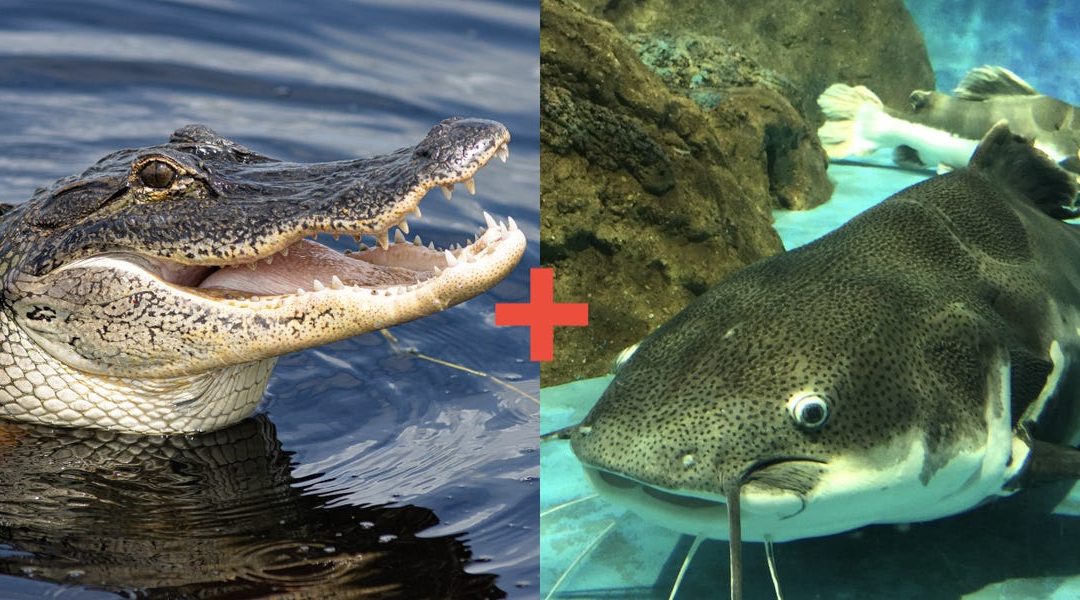Have you ever wondered what it would be like to eat catfish with a hint of alligator? Scientists at Auburn University have made this a reality. In a groundbreaking study, they successfully injected alligator DNA into farm-raised catfish, creating a hybrid species that is more resistant to disease and less likely to reproduce. Could this be the future of our seafood consumption?
The scientists published their findings in January, detailing their efforts to genetically modify catfish with the cathelicidin gene of an alligator. Cathelicidin is an antimicrobial peptide found in the intestines that helps organisms fight diseases. By adding the gene to a reproductive hormone, the catfish became more resistant to disease and less likely to reproduce, resulting in a two- to five-fold higher survival rate than wild catfish.
The study has not yet been peer-reviewed, but the researchers are hopeful that the gene-editing technology can be used to increase catfish yields for farmers. In 2021, an estimated 307 million pounds of live catfish were produced in the US, and catfish make up over 50% of US demand for farm-raised fish. Disease is a major problem on catfish farms, with 45% of fingerlings dying from infectious diseases. Antibiotics are also becoming less effective.
The researchers assured MTR that the hybrid catfish would be safe for human consumption and that they would eat it “in a heartbeat”. As the technology continues to advance, it could be the key to creating a sustainable and safe seafood industry. Who knows, maybe one day you’ll be able to order catfish with a hint of alligator at your local seafood restaurant.
Source: www.businessinsider.com
